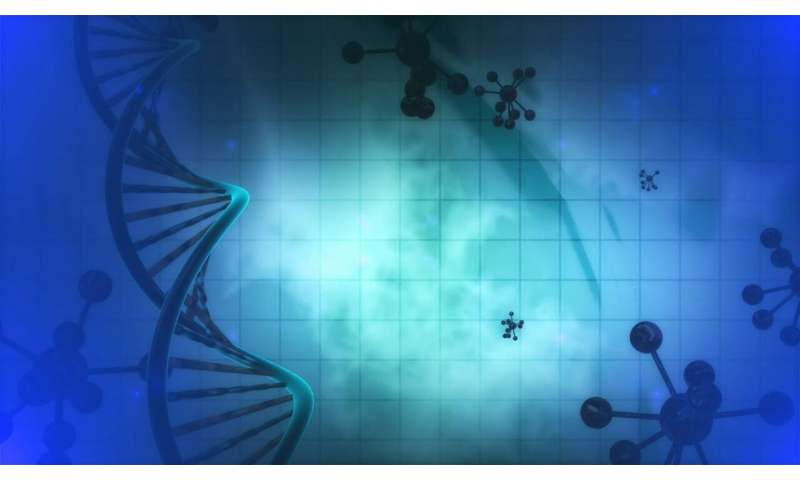Research team identifies differences between benign and pathogenic gene variants

An international team of researchers led by Cleveland Clinic’s Lerner Research Institute has performed for the first time a wide-scale characterization of missense variants from 1,330 disease-associated genes. Published in Proceedings of the National Academy of Sciences, the study identifies features associated with pathogenic and benign variants that reveal the effects of the mutations at a molecular level.
“Our study serves as a powerful resource for the translation of personal genomics to personal diagnostics and precision medicine, and can aid variant interpretation, inform experiments and help accelerate personalized drug discovery,” said Dennis Lal, Ph.D., assistant staff, Genomic Medicine, and the study’s lead author.Recent large-scale DNA sequencing efforts have detected millions of missense variants, where mistakes in the DNA code change the amino acid (molecular building block of a protein) makeup of proteins. Some of these variants are pathogenic, meaning they alter the structure and function of a protein in a way that leads to disease, while others are benign with no impact on health. The vast majority, however, are considered variants of uncertain significance because their effects remain unknown.
While methods to predict variant pathogenicity exist, they do not elucidate why some variants are more or less likely to cause disease than others or establish their functional impact. Additionally, pathogenic and benign variants can co-exist in almost every disease-associated gene. As such, gaining a better understanding of the mechanistic differences between benign and pathogenic variants will be a critical next step in the development of novel therapies for genetic disorders.
Considering that a protein’s function is closely linked to its three-dimensional structure, in this study the research team identified and compared the protein features of amino acids affected by pathogenic versus benign missense variants. Features that are more frequently mutated in pathogenic variants compared to benign variants (3-D mutational hotspots) are likely crucial to protein fitness and thus could help explain the molecular determinants of pathogenicity.
Looking at 1,330 disease-associated genes, the researchers analyzed a set of 40 features and found that 18 were significantly associated with pathogenic variants, 14 were significantly associated with benign variants and the remaining eight had no significant association with any variant type.
Source: Read Full Article



